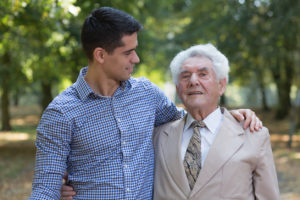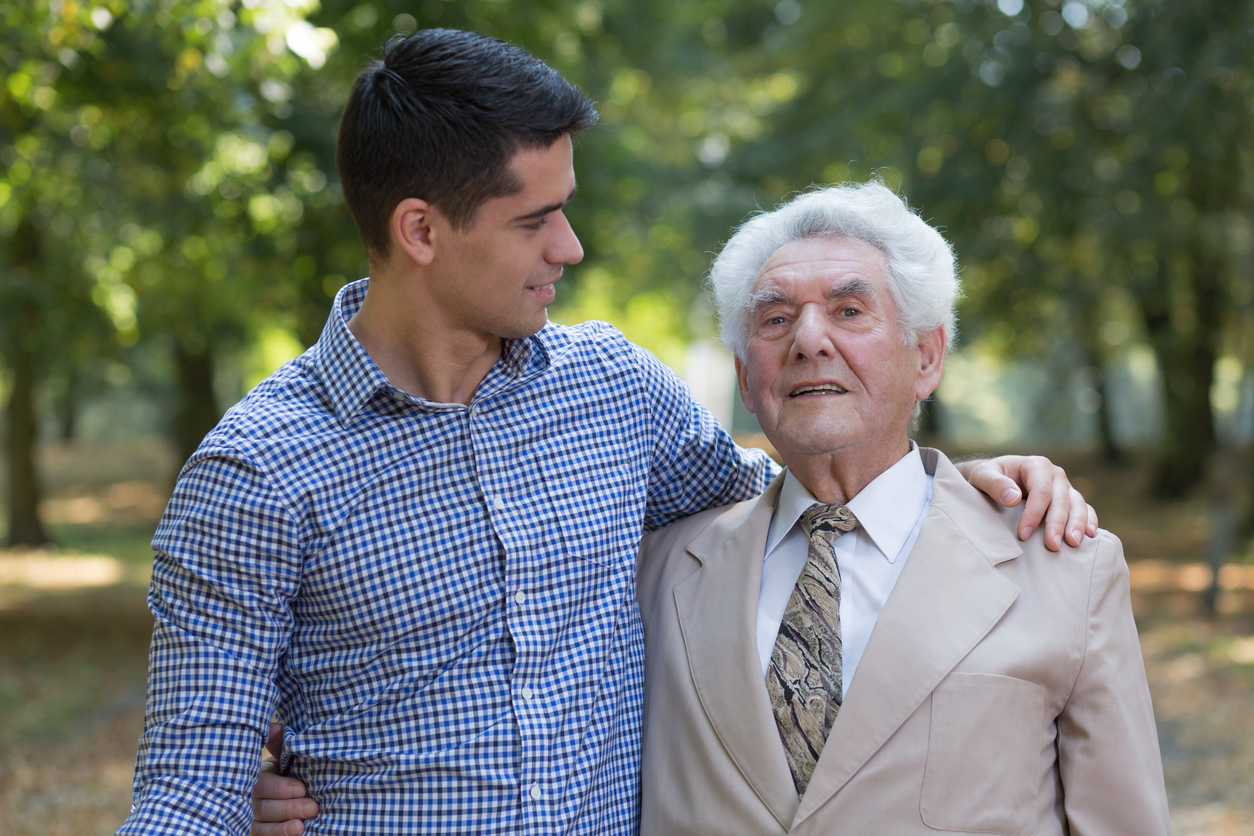 Alzheimer’s disease can alter someone’s mind so that recollections regarding current happenings are forgotten or mixed up while those from the more remote past often stay intact. The memory loss of more current events can also cause earlier times to make more sense to an individual with Alzheimer’s disease. A person’s alternate reality can be his/her strategy of making sense of the present through past memories.
Alzheimer’s disease can alter someone’s mind so that recollections regarding current happenings are forgotten or mixed up while those from the more remote past often stay intact. The memory loss of more current events can also cause earlier times to make more sense to an individual with Alzheimer’s disease. A person’s alternate reality can be his/her strategy of making sense of the present through past memories.
Older adults with dementia or Alzheimer’s may have problems expressing themselves, and in some cases their alternate reality has more to do with a need or a specific feeling they are attempting to express than it has to do with the things they are saying.
For instance:
- “When is my wife going to be home?” This question could possibly be more about a need for affection or acceptance or a home cooked meal than it could be about wanting to see his wife, who died a number of years ago. The right answer to learn more might be, “Why do you want to see her?”
- “I need to deliver all these casseroles to the neighbors before the end of the day.” Though these casseroles don’t exist, the words may indicate a need for intention in daily life or desiring to be engaged in an activity. An appropriate answer to discover more could be, “Why did you make casseroles for your friends?”
Maintaining a record of these kinds of happenings could help you see trends in needs. The more you listen and pay close attention, the easier it will be to understand the reasoning behind the alternate reality and how to best react.
Should You Play Along?
Provided that the scenario is not going to be dangerous or inappropriate, it is fine to play along with the older person’s alternate reality. Doing so will not make the dementia worse. Remember, your loved one’s reality is true to the person and going along with it can make your loved one feel better.
If the scenario is inappropriate or may cause danger to the senior, try to react to the perceived need while redirecting the individual to something less harmful or more appropriate.
Keep in mind these 3 steps:
- Reassure the individual.
- Respond to his/her need.
- Redirect if required.
Also, call on the expert in-home care services of Visiting Angels for dementia care in San Jose, California. Our caregivers are experts in caring for people with Alzheimer’s disease and can provide respite care services for family caregivers who need some time to refresh and recharge. Contact us online or call us at 408-610-9996.

